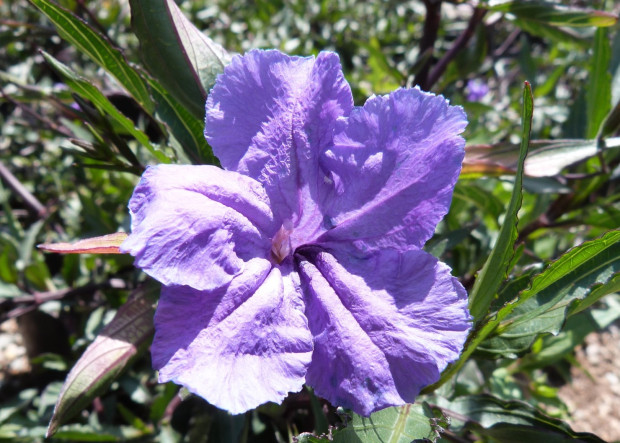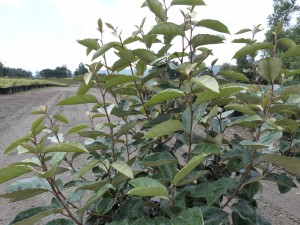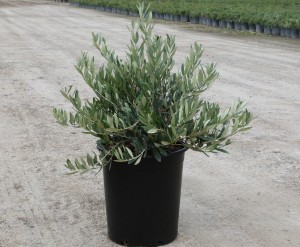Meet the demand for rain garden plants
While many areas of the country are still experiencing severe drought conditions, other areas of the country are receiving heavy rainfalls. Across the country, landscapers and homeowners are looking to reduce some areas of their lawn and install rain gardens. Rain gardens can take advantage of intermittent heavy rainfall and redirect storm water runoff. Rain gardens are designed with plants that can handle extreme levels of soil saturation and potentially high concentrations of nutrients that are found in stormwater. Plants in rain gardens help to naturally filter toxins and excess nutrients out of the runoff before it drains away. They can help improve water quality and lessen the impact caused by heavy runoff.
In addition to helping to better manage stormwater runoff, rain gardens can also be attractive and useful to local wildlife. Rain gardens often provide food sources and habitat for wildlife such as birds, amphibians and pollinators. Choosing the right plants will help make your customer’s rain garden a success. Here are two of our favorite rain garden plants:
Butterfly flag, Dietes bicolor is a beautiful South African native that thrives in moist soils. While they can tolerate some dry soil for a short amount of time, they prefer regular moisture. They can also tolerate having their roots submerged in water for periods of time, which makes them a good rain garden choice. In warm climates, this perennial produces clumps of iris-like foliage topped with bright yellow blooms.
Mexican petunia, Ruellia brittoniana,is an unexpected choice for a rain garden, as it doesn’t necessarily look like a water-loving plants. But it is essentially a water plant. However, it can also tolerate hot and dry gardens so it’s perfect for rain gardens that may dry out for longer periods of time between storms. Plants produce a profusion of trumpet-shaped purple flowers at the tips of the stems. Varieties with white and pink flowers are also available. Flowers are irresistible to butterflies and other pollinators.


